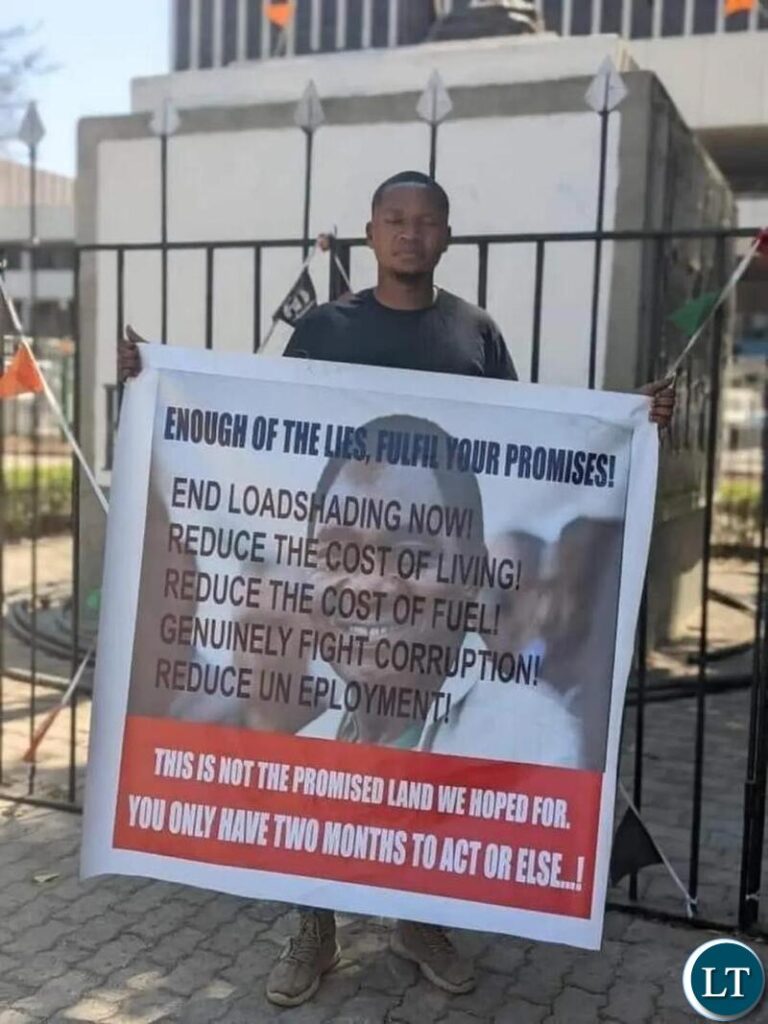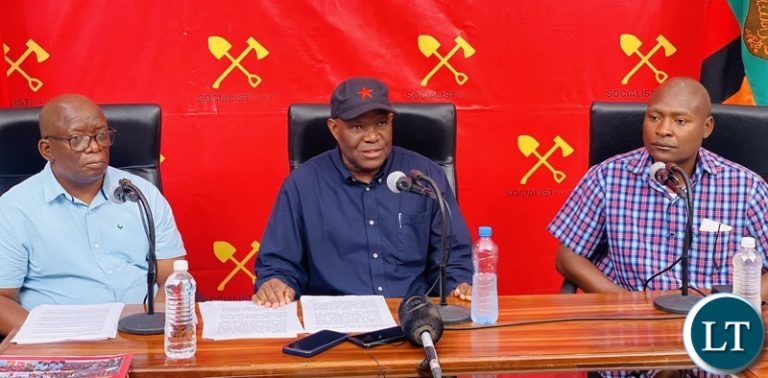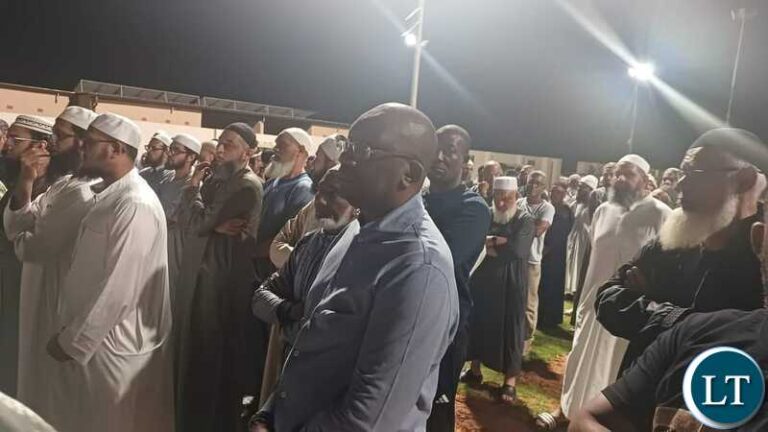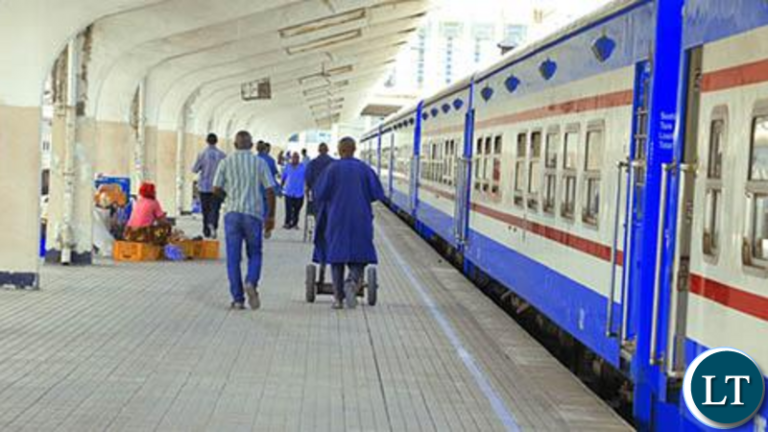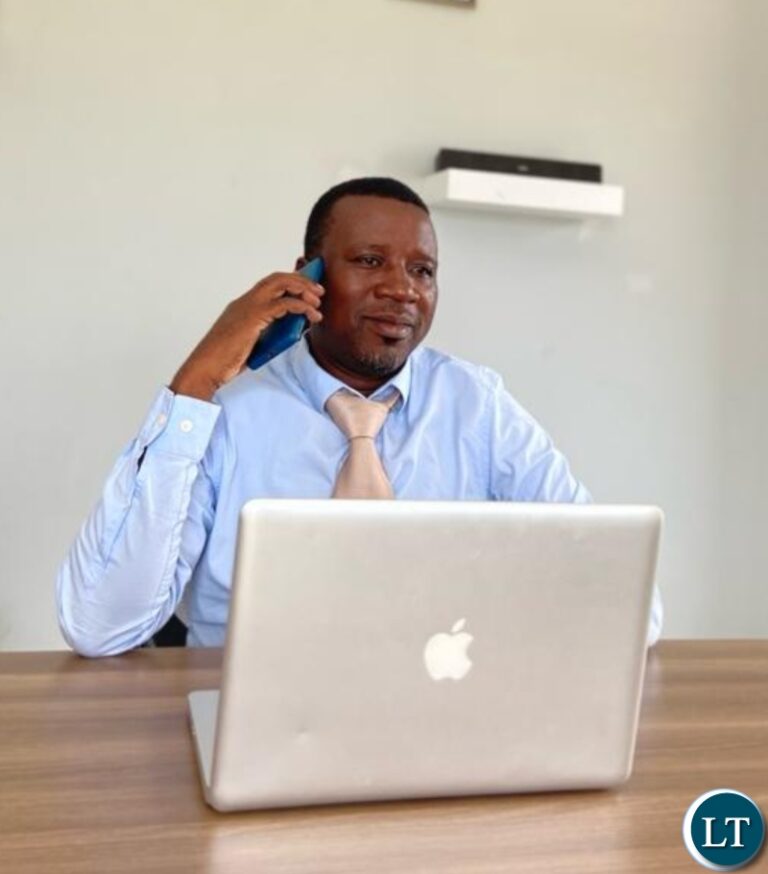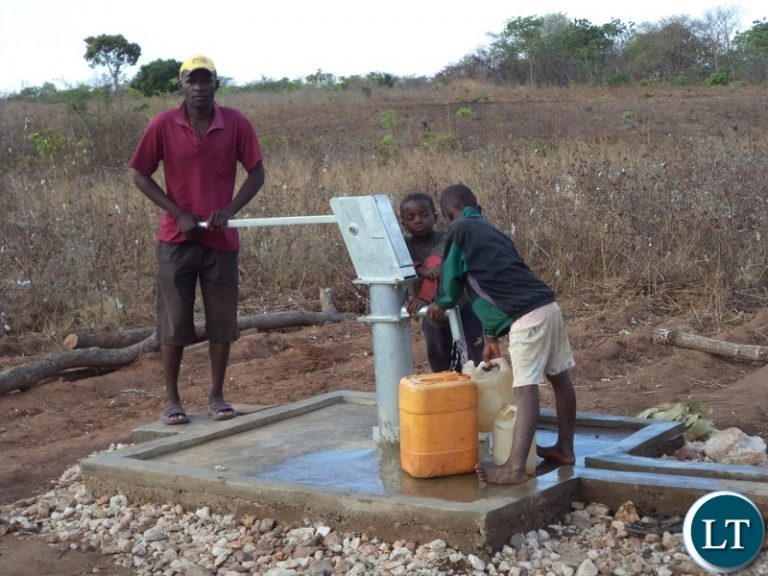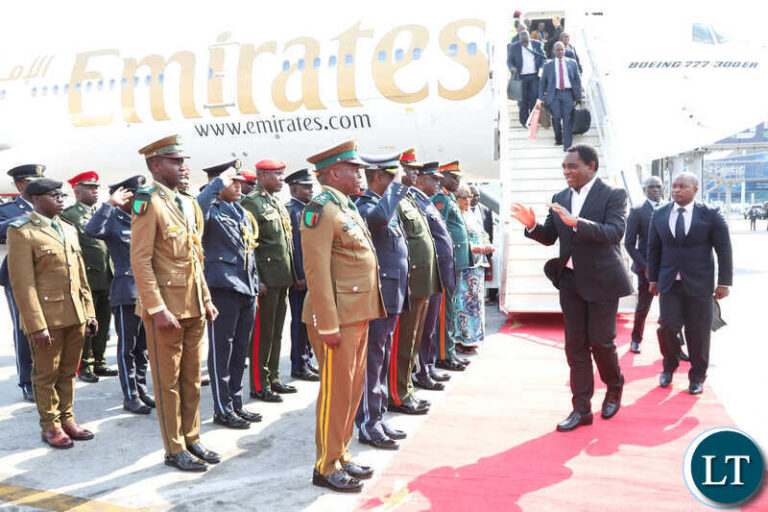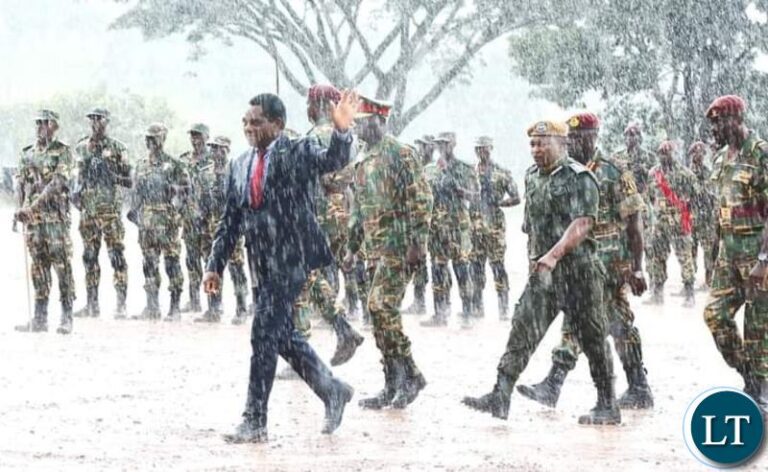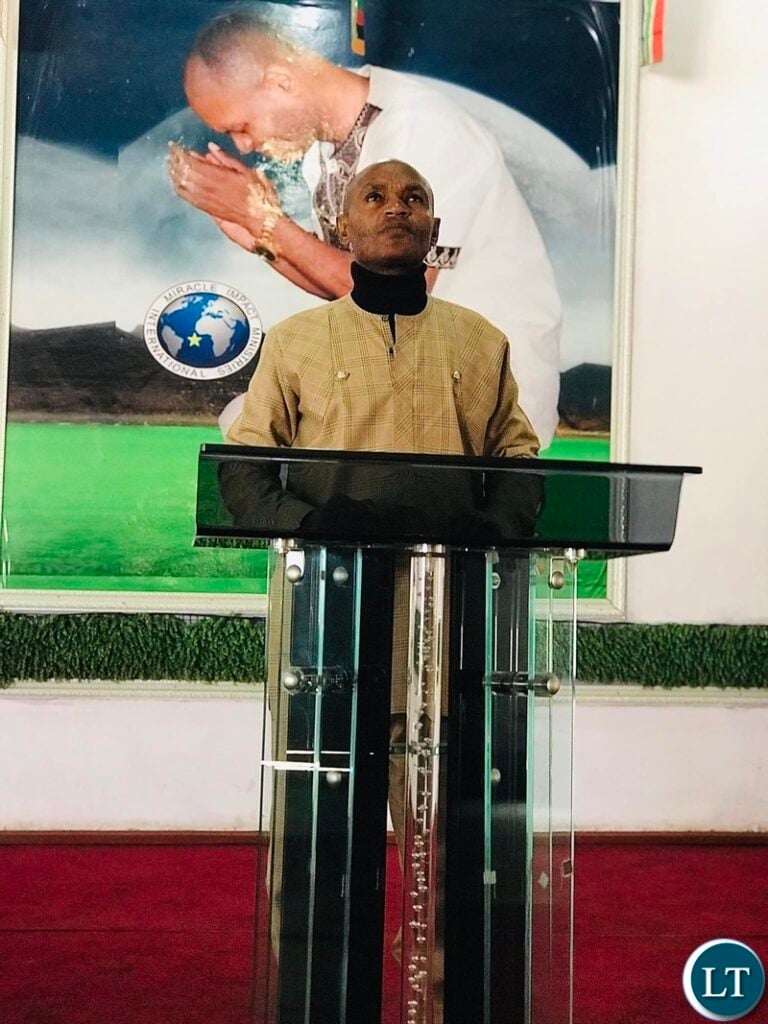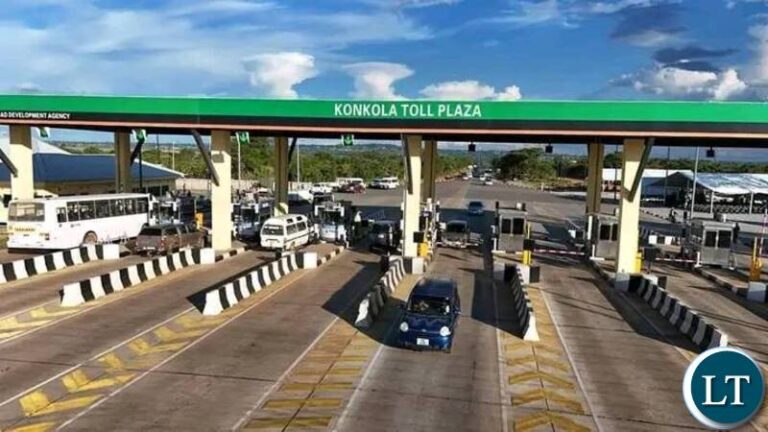Trade Expert Gilbert Nkamba and Chief Chitimbwa Luswempo 11th of the Lungu people of Northern Province have welcomed the revitalization of the Tanzania Zambia Railway Authority ( TAZARA) saying the move will improve trade between the two countries and ultimately the entire southern region.
Mr Nkamba says the One Billion United States dollars investment by the Chinese company to revitalize TAZARA will enhance trade in the North- South Corridor among Southern African Countries, Zambia and Countries in the Great Lakes Region.
Mr Nkamba has told the Zambia News and Information Services (ZANIS) in Lusaka today that TAZARA is a strategic asset for Tanzania and Zambia in the nexus of global supply chain, providing transportation of assorted goods, especially mineral resources and agriculture products from Zambia and other countries in the region.
He added that revitalizing TAZARA will lower the cost of doing business, particularly the freight component.
Mr Nkamba said TAZARA will also open up other nodes of transport along the route, with the net effect of more facilitation in the passage of goods to the port of Dar-es-salaam.
“Revitalizing of TAZARA will incentivise foreign direct investment in heavy machinery which is key to boosting regional manufacturing and industrialisation. Inevitably, trade between Zambia and Tanzania will boom, and as gross domestic product increases, the countries in this region will witness accelerated economic growth,” said Mr Nkamba.
He added that beneficiary governments to the railway should ride on this revitalization to develop border infrastructure in order to make import processing very efficient, as a way of harmonising border clearance with affordable rail freight in a bid to fortify trade facilitation gains.
And Chief Chitimbwa said the One Billion United States dollars investment into TAZARA by the Chinese company, will revamp the railway company and help it regain its past glory.
In a separate interview with ZANIS in Lusaka, Chief Chitimbwa commended President Hakainde Hichilema and his Tanzanian counterpart Samia Suluhu Hassan for their commitment to revamp and improve the operations of TAZARA.
Chief Chitimbwa also paid glowing tributes to Chinese President Xi Jinping and his Government for coming to the aid of the two countries through an injection of more funds to rehabilitate and revamp the operations of TAZARA.
On Wednesday September 4, Chinese President Xi, Zambian President Hichilema and his Tanzanian counterpart Hassan, witnessed the signing of the Memorandum of Understanding (MoU) with China Railway Construction Limited (CRCC) for the revitalisation of TAZARA.
This was done on the sidelines of the 2024 Summit of the Forum on China-Africa Cooperation (FOCAC), held from 4th to 6th September under the theme “Joining Hands to Advance Modernization and Build a High-Level China-Africa Community with a Shared Future.”
The revatalisation of TAZARA aims at improving the rail-sea transportation between Zambia and Tanzania.
The signed MoU will see the refurbishing of the 1,860 kms (1,156 mile) TAZARA railway.
The single-track TAZARA railway was built between 1970 and 1975 through an interest-free loan from China, offering a cargo transport route from Zambia’s copper and cobalt mines to the sea on Tanzania’s coast that bypasses South Africa and the former state of Rhodesia.
The multi-year project involved the construction of two dozen tunnels and hundreds of bridges by tens of thousands of Chinese and African workers.
“China is willing to take this summit as an opportunity to make new progress in the revitalisation of the Tanzania-Zambia railway, cooperate to improve the rail-sea intermodal transport network in East Africa, and build Tanzania into a demonstration zone for deepening high-quality China-Africa Belt and Road cooperation,” said President Xi during the signing ceremony.
Chief Chitimbwa said that he is happy that President Hichilema and his Tanzanian counterpart, Hassan, met in China for a good cause.
“They did a great job advocating the assistance in revitalizing TAZARA,” said Chief Chitimbwa.
The traditional leader described the gesture by the Chinese government to pump in more money into TAZARA as the best gift for Zambia as the two celebrate 60 years of bilateral relations.
“This is a good gift for Zambia which has come at the right time as Zambia and China celebrate 60 years of friendship,” said Chief Chitimbwa.
Chief Chitimbwa said the investment will now help to revamp the rail line between the two countries adding that TAZARA has not been performing well and needed more capital to rehabilitate its infrastructure so as to improve its operations.
The traditional leader said with rehabilitated infrastructure, TAZARA will be able to increase the volume of cargo to the port of Dar-es-salaam and also bring in more cargo for the countries in the Southern Africa Development Community (SADC) as well as the Common Market for Eastern and Southern Africa (COMESA).
He added that improving the infrastructure of TAZARA is also a major boost to the Lobito Corridor running from Angola to Zambia through the Democratic Republic of Congo.
“It is kudos to our President for his commitment to improve our country’s economy and for coming up with this initiative of revamping the operations of TAZARA which almost went down to its knees,” said Chief
He says that TAZARA helps in transportation of goods from Tanzania and vice versa adding that the railway system equally helps our roads to be intact when heavy goods are being transported by rail.
“Many are the times that trucks carry heavy goods that can be delivered through the rail line which in turn destroy our roads. Great North Road has been destroyed because of the same,” added Chief Chitimbwa.
The rail line will equally help many people to travel safely from New Kapiri Mposhi to Dar -es- salaam and vice versa because of its comfort.
And Chief Chitimbwa has appealed to President Hichilema to do something on the Zambia Railways Limited saying the national railway company also plays a vital role in terms of transportation and is a strategic partner in the Lobito Corridor arrangement.
He said improving the operations of the Zambia Railways Limited will surely boost the country’s economy.



